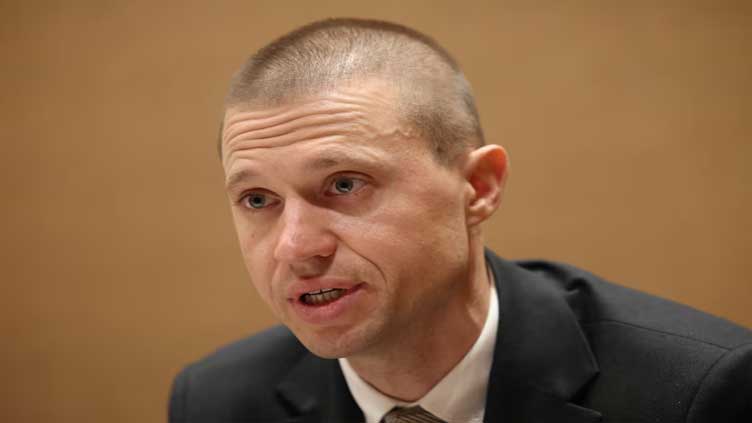Russia using generative AI to ramp up disinformation

Technology
Russia using generative AI to ramp up disinformation
SINGAPORE Reuters - Russia is using generative artificial intelligence (AI) to ramp up disinformation campaigns against Ukraine, a senior Ukrainian official told Reuters on Wednesday on the sidelines of a cyber conference, branding them a global danger.
"This year, we see the density of cyber attacks (from Russia) continue, but there is more of an accent on disinformation," Ukraine's deputy foreign minister Anton Demokhin told Reuters.
"Now that generative AI came in, that allows disinformation narratives to be multiplied and distributed on a new more complex level."
These new disinformation campaigns are hard to detect, he said, with extensive false activity on social media platforms to increase their credibility.
Ukrainian officials told Reuters in August that many Ukrainians were being targeted by online disinformation from Russia's FSB security service and military intelligence agency.
Moscow in response has accused Ukraine and the West of unleashing a sophisticated information war against Russia.
On Monday US intelligence officials said that Russia was among countries using AI tools to attempt to sway American voters ahead of the November presidential election.
Demokhin, speaking on the sidelines of the Singapore International Cyber Week, said Ukraine had tracked Russian disinformation campaigns to countries across the world, and said that states needed to work together to manage disinformation.
Australia’s federal government announced last month that it plans to ban younger teenagers from using social media in response to concerns about bullying, predatory grooming and physical and mental health.
He told Reuters that Ukraine itself was using generative AI to track disinformation campaigns but declined to comment on whether it was conducting its own cyber offensive attacks.
OpenAI, a U.S. research organisation, said in May it had identified two covert influence operations from Russia that were using its tools to defend Russia's invasion of Ukraine on social media platforms including Telegram and X, but said their reach was limited.
More than three-quarters of Ukrainians get their news from social media, according to a study commissioned by USAID in 2023.
Other Russian cyber attacks, Demokhin said, are increasingly targeting Ukraine’s supply chains and critical infrastructure, by penetrating companies that provide key components such as sensors or electricity meters.
Reuters, citing sources, reported in June that the International Criminal Court (ICC) was investigating suspected Russian cyberattacks on Ukrainian civilian infrastructure as war crimes.
Demokhin said Ukraine was working closely with the ICC on the investigation and had made some recent breakthroughs.


